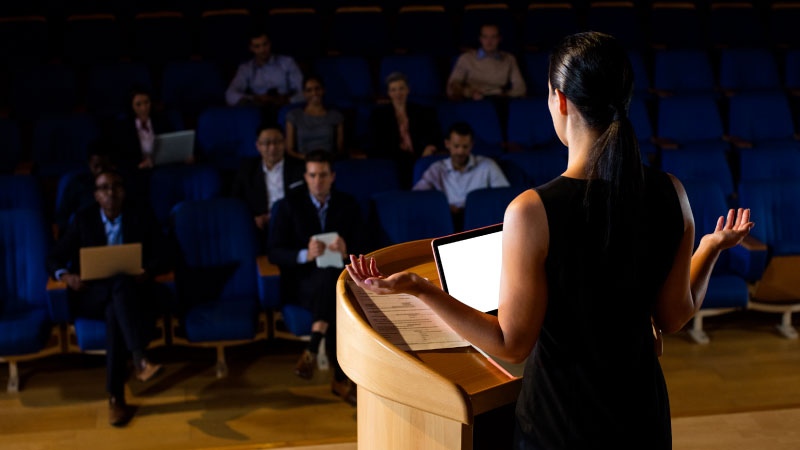Marketing an event in today’s fast-paced digital landscape requires a blend of creativity, strategy, and the latest technology. As an event organizer, it’s essential to stay ahead of the curve with innovative marketing techniques that will not only attract attendees but also engage and delight them. This guide will walk you through the most effective and modern ways to market your event, ensuring maximum reach and impact.

1. Define Your Goals and Target Audience
Set Clear Objectives
- Attendance Goals: How many attendees do you aim to attract?
- Engagement Metrics: What level of interaction are you expecting?
- Revenue Targets: Are you aiming for ticket sales, sponsorships, or both?
Identify Your Audience
- Demographics: Age, gender, location, etc.
- Interests and Preferences: What are they passionate about?
- Behavioral Insights: How do they consume content?
2. Develop a Compelling Brand and Message
Create a Unique Value Proposition (UVP)
- What makes your event unique?
- What value will attendees gain?
Design Consistent Branding
- Visual Identity: Logo, color scheme, typography.
- Tone of Voice: How do you want to communicate with your audience?
3. Leverage Digital Marketing Channels
Social Media Marketing
- Platform Selection: Choose platforms where your audience is most active (e.g., Instagram, LinkedIn, Twitter).
- Content Strategy: Use a mix of posts, stories, reels, and live sessions.
- Engagement Tactics: Host contests, polls, and Q&A sessions to increase interaction.
Email Marketing
- Segment Your List: Personalize emails based on attendee interests and behaviors.
- Automated Campaigns: Set up drip campaigns for reminders, updates, and follow-ups.
- Interactive Content: Include surveys, polls, and feedback forms.
Influencer and Partner Collaborations
- Identify Key Influencers: Collaborate with influencers who resonate with your target audience.
- Co-Create Content: Work with influencers to create authentic and engaging content.
- Leverage Partnerships: Partner with brands and organizations for co-promotions and cross-marketing.

4. Optimize Your Event Website
User Experience (UX) Design
- Mobile-Friendly: Ensure your site is optimized for mobile devices.
- Easy Navigation: Simplify the process to find information and purchase tickets.
SEO Strategies
- Keyword Research: Identify and incorporate relevant keywords.
- Content Optimization: Create high-quality, informative content (blogs, videos, etc.).
- Backlink Building: Gain backlinks from reputable sources.
5. Utilize Advanced Technologies
Event Apps
- Custom Event Apps: Develop an app to provide real-time updates, networking opportunities, and personalized schedules.
- Interactive Features: Include live polling, Q&A sessions, and gamification.
Virtual and Hybrid Events
- Live Streaming: Utilize platforms like Zoom, Microsoft Teams, or custom solutions.
- On-Demand Content: Offer recordings and materials post-event.
- Interactive Elements: Virtual booths, chat rooms, and networking lounges.
6. Implement Data-Driven Marketing
Analytics and Insights
- Track Performance: Use tools like Google Analytics and social media insights.
- Analyze Data: Regularly assess what’s working and what isn’t.
- Adjust Strategies: Be flexible and adapt your marketing efforts based on data.
7. Engage with Attendees Pre, During, and Post-Event
Pre-Event Engagement
- Teasers and Countdowns: Build anticipation with sneak peeks and countdowns.
- Early Bird Promotions: Offer discounts and special deals for early registrations.

During the Event
- Live Interaction: Use social media and apps for live updates and interactions.
- Content Sharing: Encourage attendees to share their experiences with event-specific hashtags.
Post-Event Follow-Up
- Feedback Collection: Send surveys to gather attendee feedback.
- Content Repurposing: Share highlights, photos, and videos from the event.
- Future Event Promotion: Tease upcoming events and offer pre-registration discounts.
Marketing your event in 2024 requires a strategic blend of traditional methods and modern technologies. By defining clear goals, understanding your audience, leveraging digital channels, optimizing your website, utilizing advanced tech, implementing data-driven tactics, and engaging with your attendees throughout the event lifecycle, you can ensure a successful and impactful event. Stay creative, stay updated, and most importantly, stay connected with your audience.





